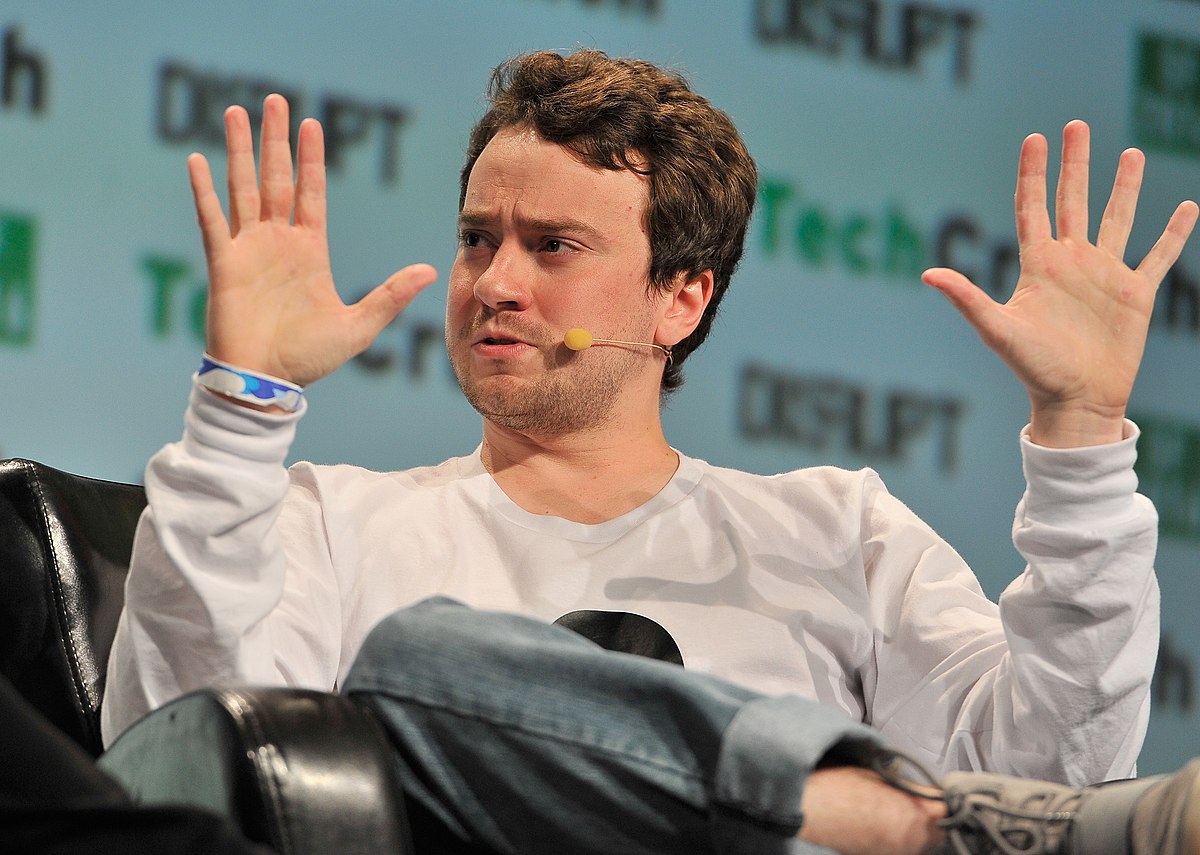rxlawdude
Active Member
Do you need to assert damages to win a claim in a civil case? I'm asking what those damages are for someone still holding on to their 2016 FSD; and what damages someone who sold or totalled their 2016 FSD car? Finally, what about someone who bought FSD post 2019 and still has their car?I don’t think the damages calculation changes depending on whether you have the car or sold it and did not receive just value for FSD. On the contrary, if you sell your car, you are accepting a particular price as the value of your car. After that, it could be argued that you accepted too little, or that the vehicle value depreciated, and therefore your voluntary acceptance of the price paid to you is a total waiver of lost-value claims vis a vis FSD. Indeed, when you sell a car, you sell it for a specific price, which is not apportioned between the vehicle itself, and any add-on things like FSD. It’s easy to argue that the vehicle depreciated by $10,000 and they’re giving you $5,000 for FSD
I am really not understanding your fixation with damages claims following the sale of the car. I think the further back the purchase date goes, The better the claim, because the representation concerning the viability of FSD contained reasonable benchmark dates. as others have posted in this thread, it was possibly a deceptive practice to promise FSD in 2016, and also provide all of the propaganda and video that suggested Coast to Coast hands free driving by 2017… A reasonable consumer in 2016 certainly would have expected to have received the promised autonomy within five years of purchase.…The representations naturally change throughout time, and accordingly the nature of the claim will also change. Someone that buys a Tesla in 2021 naturally can’t make the same assertions as someone that purchased it in 2016.
in my opinion, the viability of the claims (for at least false advertising) decrease proportional to the date of purchase. A vehicle sale is very detrimental to the claim.
and yes, small claims is the obvious forum to get paid from Tesla in this regard, but I wouldn’t say class actions are “for suckers.” The purpose of class actions is to effect social change. Instead of recovering $5000 yourself, you could be making sure that Tesla changes its deceptive practices and thereby protect consumers at large. its a pretty great thing to do, in my opinion.
Specific performance (i.e., forcing Tesla to deliver a fully functional FSD now) doesn't seem to be the answer, so it comes back to money damages. How would you assess damages for someone who still owns their FSD car?



